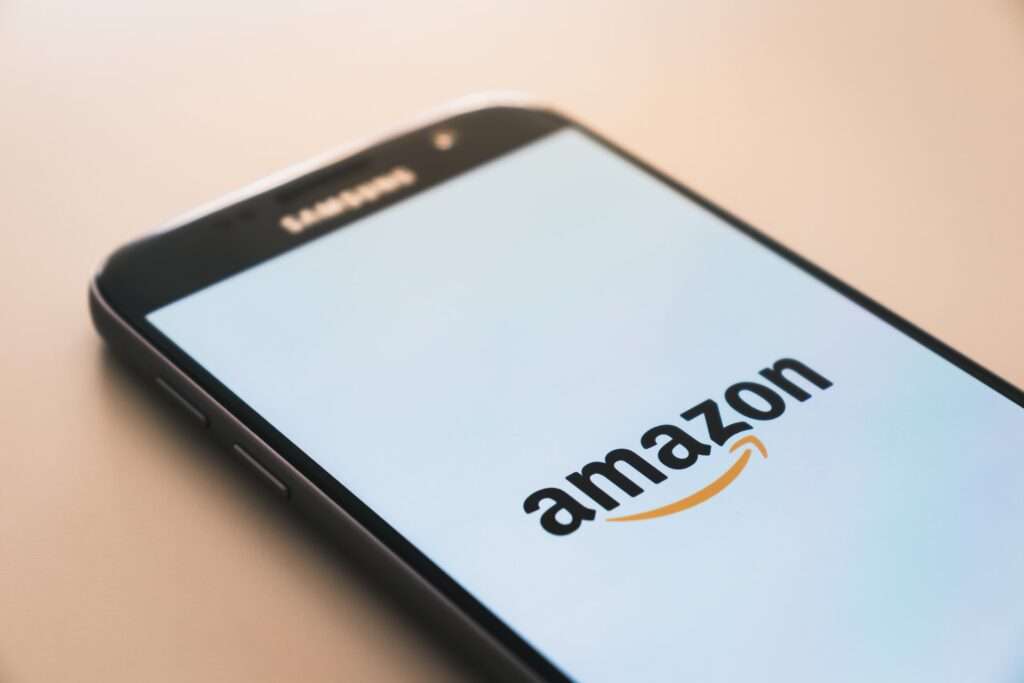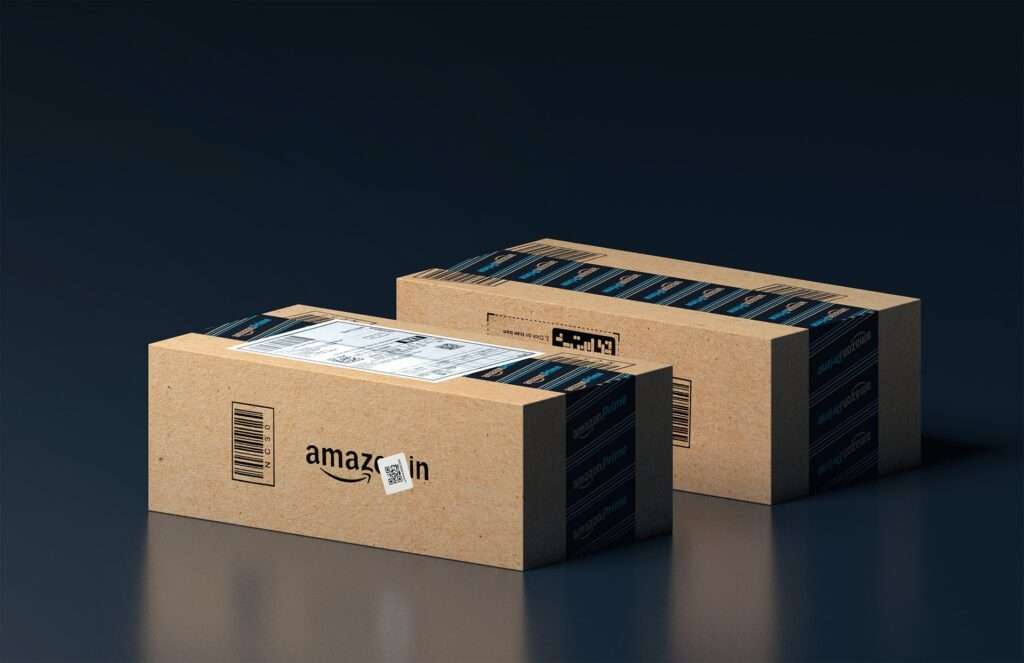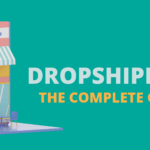Content Table
- What is exactly Amazon FBA?
- Amazon FBA Costs
- Fulfillment Cost
- Storage Cost
- Cost of Inventory Placement
- Shipment Fee for Amazon-Partnered Carrier
- Before Shipping, Make Decisions
- To Amazon FBA directly or indirectly
- 3PL charges
- When should you use Amazon FBA Indirect Shipping?
- When should you ship directly from Amazon FBA?
- Fulfill Your Products With Fulfillmen
We know that shipping your products from China to Amazon FBA can be a lot to take in.
Whether you’re a first-time importer or a seasoned veteran, there are a lot of things to consider when it comes to getting your product safely and efficiently from the factory in China to Amazon’s warehouse in the US. That’s why we created this guide—to make sure that you have all the information you need to know about shipping from China to Amazon FBA.
What is exactly Amazon FBA?

Because there are so many publications concerning Amazon FBA, I won’t go into detail. FBA stands for “Fullfilment by Amazon.” The logistical route of a product from an Amazon warehouse to the end client is known as FBA. The “last mile” refers to the final stretch of the voyage. You can utilize Amazon FBA to connect to their warehouse network. Amazon will be confident in the timely delivery of your product to the final client. Your listing will now be marked as “Prime.”
Amazon FBA Costs
There are four different sorts of costs related to Amazon FBA.
- Fulfillment Cost
- Storage Cost
- Cost of Inventory Placement
- Shipment Fee for Amazon-Partnered Carrier
Fulfillment Cost
Fulfillment cost is calculated per order. This fee is applied when the goods is purchased and fulfilled,. By the way, fulfillment refers to the process of picking, packing, and shipping customer orders.
Fulfillment cost is determined by the weight, category, and size of your item. The FBA fulfillment fees for the US marketplace can be found here.
Storage Cost
Storage cost is the cost of Amazon storing your merchandise in its warehouse. It is priced per cubic foot, and then it changes between peak and low inventory storage seasons. As a result, it makes sense to ship to Amazon FBA through a 3PL during peak season; more on that later. You can learn more about the completing inventory storage cost by clicking here.
Cost of Inventory Placement
Inventory placement cost is the cost of Amazon dispersing your shipment to its many warehouses across the country. Amazon may improve its warehouse space and shipping time to end customers by doing so.
The placement fee will be waived if you ship your shipment to more than one FC (Fulfillment Center) by default. You can avoid this and ship to a single FC by altering the Inventory Placement settings in Inbound Settings. Click “edit” and select the option “Inventory Placement Service.”
Shipment Fee for Amazon-Partnered Carrier

When delivering from a domestic location to an Amazon FBA warehouse, the Amazon-Partnered Carrier Shipment Fee is the cost of the prepaid carton label. The cost will be computed when you produce the prepaid shipping label as part of the inbound shipment process. This cost will not apply if you send your shipment directly to Amazon FBA; more on that later.
Before Shipping, Make Decisions
You must decide on the following before contacting a freight forwarder for shipping from China to Amazon FBA:
- Direct or indirect to Amazon FBA
- Whether or not to inspect
Carefully choosing the above two points will enable you to consider your logistics/shipment plans thoroughly.
To Amazon FBA directly or indirectly.
Direct shipping from China to Amazon FBA implies having your supplier ship your inventory directly from their factory to Amazon FBA, whereas indirect shipping means having your supplier transport your inventory to a middleman, who then ships it to Amazon FBA.
The latter necessitates an additional stage in the shipping process, which could result in twice the work and cost. As you expand your SKU choices and work with more vendors, the cost/labor might add up.
The middleman can be you, working out of your garage, or a third-party logistics provider (3rd party logistics). A third-party logistics (3PL) is a non-Amazon warehouse that stores, picks, packs, and ships your orders. They should also be able to ship merchandise to Amazon FBA in pallets and cartons.
3PL charges
It would take at least an additional 1-2 weeks for the middleman or 3PL to receive, prep, and transport your merchandise into Amazon FBA.
On top of that, most 3PLs will charge a receiving fee (often $1-$5 per carton or $10-$50 per pallet), a pick/pack fee to actually send the products to Amazon FBA (typically $1-$4), any labeling fees such as barcodes (typically $0.1-$0.25), and storage fees (charge by to Cubic meters or by Pallet). This strategy is only viable if your business is tiny and your inventory is less than a pallet.
When should you use Amazon FBA Indirect Shipping?
- If this is your first order from the provider, double-check that everything is in working order (both in terms of quality and preparation) before sending it to FBA.
- It’s your first time sending merchandise to FBA, and if you make a mistake, it won’t affect the rest of your stock.
- You work with multiple suppliers in China, and consolidating inventories from the various vendors makes financial sense.
- If you place a large front-load order (Q4), you can save a lot of money on storage fees.
- Have the cash resources and inventory to handle the longer lead time
- Amazon shouldn’t know who your suppliers are.
- Keep the fact that you’re selling on Amazon hidden from your source (to avoid giving them ideas).
When should you ship directly from Amazon FBA?
- You’re running out of stock in FBA, and you need to act quickly.
- Due to a cash shortage, you must stock up and begin selling immediately.
A tiny quantity of product, one carton or less than $800 in value.
Generally, one should start with indirect shipping if you’re a new Amazon seller or are just getting started importing from China. You’ll have a lot more control over the shipping process, from inspection to preparation, and you’ll have a lot more leeway to make mistakes than if you sent directly to Amazon.
Fulfill Your Products With Fulfillmen
If you need fulfillment services, Fulfillmen can help you with your business! If you are selling on Shopify, Fulfillmen offers Shopify integration so that Shopify merchants can directly integrate their fulfillment process with Fulfillmen!





